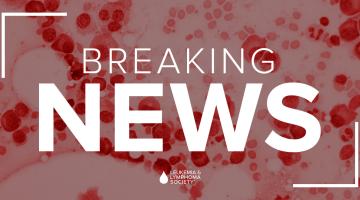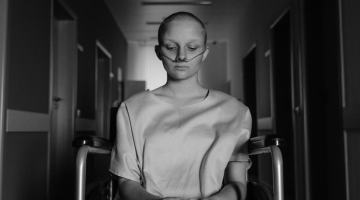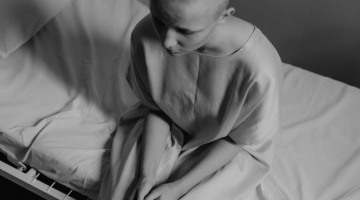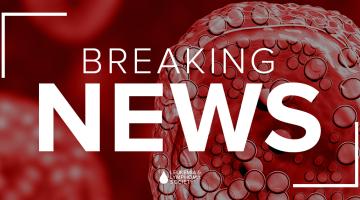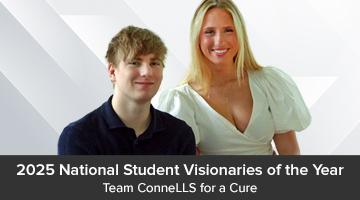Welcome to The Leukemia & Lymphoma Society Newsroom
Get the latest news about how we are creating a world without blood cancers—and improving the quality of life of patients and their families.
Media Requests
For all media-related inquiries and interview requests please email [email protected]. An LLS representative will respond as soon as possible.
